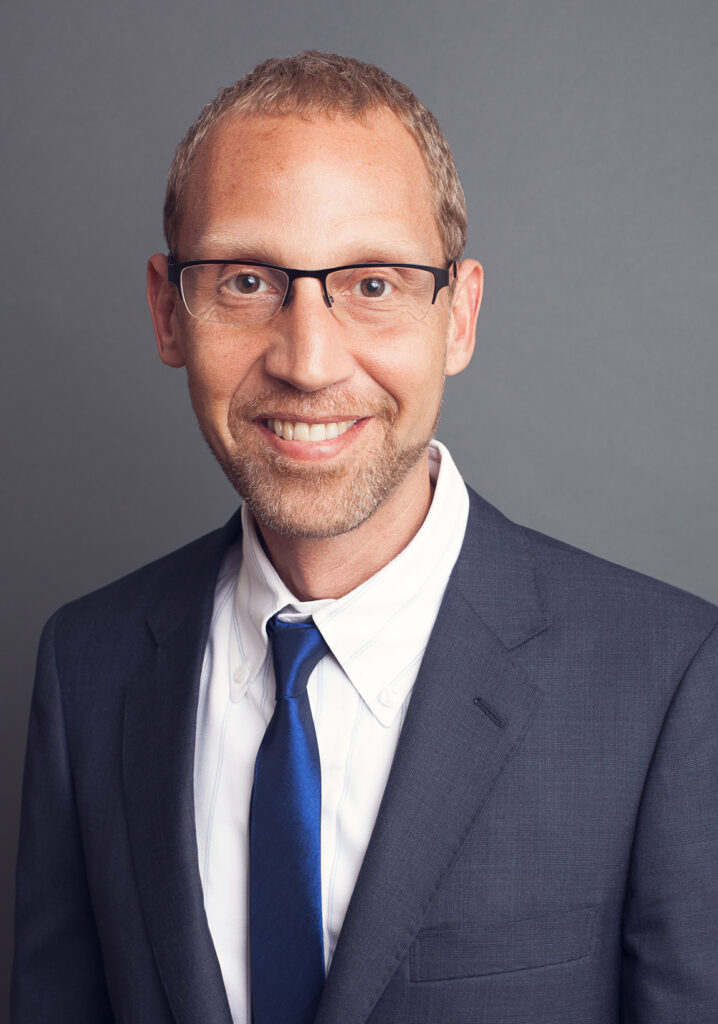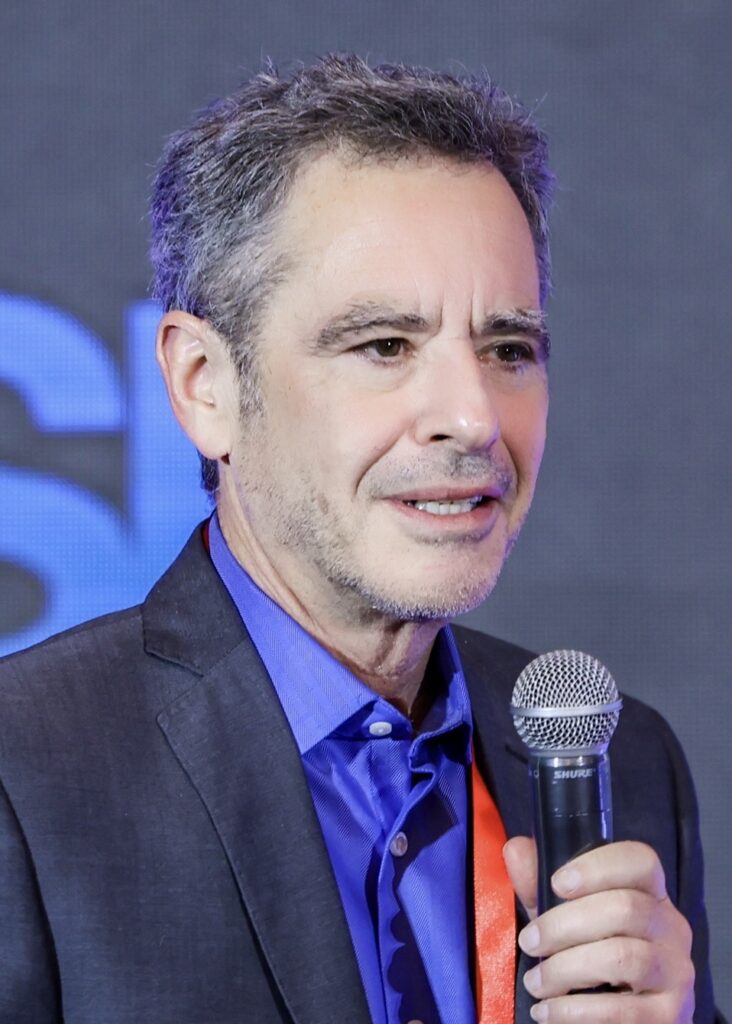Master clinicians know meaningful and lasting psychological change does not come from focusing on symptoms, but on the personality dynamics and patterns underlying them. In the morning lecture, “Personality Pathways to Depression,” Dr. Shedler will discuss the personality styles most often seen in clinical practice (e.g., narcissistic, borderline, depressive, obsessive-compulsive), drawing on and integrating long-standing clinical wisdom with contemporary empirical findings. He will discuss how each personality style represents a unique psychological pathway to a diagnosis of “depression” that requires a distinct treatment focus and will offer clinical strategies for deepening treatment.
Building on concepts from the morning, the afternoon workshop will have a hands-on clinical focus. Participants will develop a deeper appreciation of the role of personality dynamics in psychotherapy through clinical case presentations by workshop participants, with case discussion, “live” supervision, and role playing to demonstrate effective intervention. Dr. Shedler will emphasize how personality dynamics and relational patterns unavoidably play out in the therapy relationship, and how to use the therapy relationship constructively in the service of deep and lasting change.
LEARNING OBJECTIVES:
Upon completion of this workshop, participants should be able to:
- Understand how familiar personality styles represent distinct pathways to depressive disorders
- Describe how narcissistic, paranoid, and borderline personality styles create psychological vulnerability to depression
- Describe how borderline personality is a distinct psychological pathway to depression
- Describe the defining features of depressive personality as a diagnostic construct and its implications for treatment
- Gain an introductory-level familiarity with the Shedler-Westen Assessment Procedure (SWAP) personality assessment method
- Develop a deeper understanding of role of personality in clinical treatment through case discussion, role play, and live clinical supervision
Jonathan Shedler, PhD is known internationally as an author, consultant, and master clinician and teacher. He is author of numerous scientific and scholarly articles, creator of the Shedler-Westen Assessment Procedure (SWAP) for personality diagnosis and clinical case formulation, and co-author of the Psychodynamic Diagnostic Manual (PDM-2). He has more than 25 years’ experience teaching and supervising psychologists, psychiatrists, and psychoanalysts. He is a clinical professor of psychiatry at the University of California, San Francisco (UCSF), faculty member at the San Francisco Center for Psychoanalysis, and Consulting Supervisor at California Pacific Medical Center.
COST:
CIP Members:
$100 early registration 10 business days prior to seminar; $120 after
Non-Members:
$130 early registration up to 10 business days prior to seminar, $150 after
CEs: 6 CEs for LMFTs, LCSWs, and Psychologists. Participants must attend the full live session and complete the evaluation at the end to receive a CE completion certificate.
Community Institute for Psychotherapy is approved by the American Psychological Association to sponsor continuing education for psychologists. Community Institute for Psychotherapy maintains responsibility for this program and its content.
Cancellation must be received in writing by email: Full refund if canceled 48 hours prior to the event; $25 cancellation fee if canceled with less than 48 hours notice.
Accommodations will be made wherever possible to those with disabilities. Please let us know of any disabilities upon registration, to ensure proper accommodations are put in place prior to workshop/training.
Grievance Procedure: CIP will respond to complaints in a reasonable, ethical and timely manner, when submitted by program attendees in writing to the Chair of CIP’s Professional Development Committee.
Anti-Discrimination Policy: CIP shall not discriminate against any individual or group with respect to any service, program or activity based on gender, race, creed, national origin, sexual orientation, religion, age or other prohibited basis. CIP does not require attendees to adhere to any particular religion or creed in order to participate in training. CIP will not promote or advocate for a single modality of treatment that is discriminatory or likely to harm clients based on current accepted standards or practice.
*There is no conflict of interest or commercial support related to this CE program.














